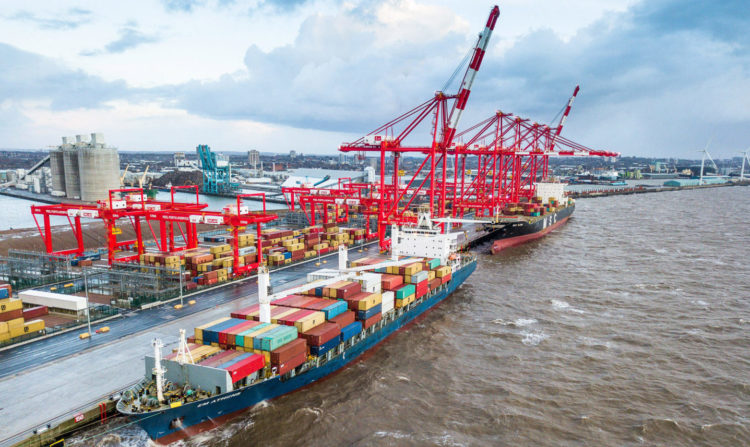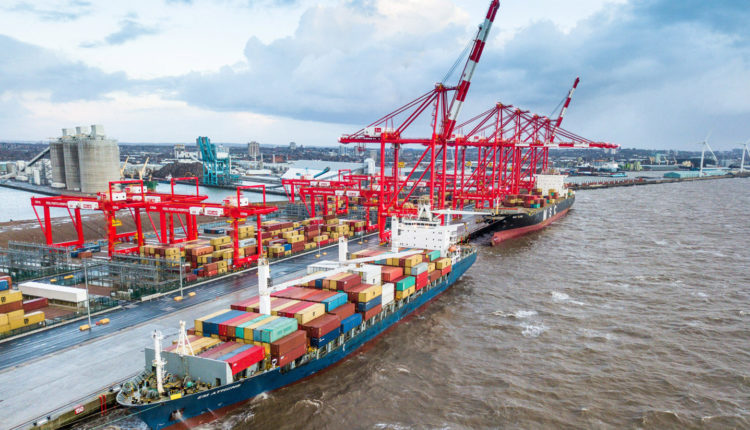Port of Liverpool is ‘ready for Brexit’
Following a warning from Michael Gove about trucks queuing up at Kent ports following Brexit, Port of Liverpool owner Peel Ports says it is fully prepared for the UK split with the EU. Tony McDonough reports

Port of Liverpool owner Peel Ports says its Mersey terminal can play a critical role in helping the UK cope with the impact of Brexit.
Minister for the Cabinet Office Michael Gove has written to haulage associations to warn that 7,000 trucks could be queuing for up to two days in Kent due to delays caused by Brexit, impacting ‘category one’ goods such as food, medicine and hospital equipment.
However, Peel Ports commercial director Stephen Carr says the warning is a further illustration of the over-reliance on southern English ports and the risk the strategy poses o the UK economy.
In the last few year the company has put significant investment into the Port of Liverpool, including £750m for the Liverpool2 deep water container terminal which is equipped to handle 95% of the world’s biggest container vessels.
Mr Carr adds that Peel Ports has been “preparing rigorously’ ahead of the Brexit deadline on December 31, investing heavily in the Port of Liverpool, as well as its other ports at Heysham and Sheerness, to ensure they have the capacity to accommodate cargo switch routes and modes.
All three ports have already taken steps to improve resilience ahead of Brexit, with increased throughput capacity for HGV trailers, containers and storage to support smooth operations by RORO ferries and other shipping services.”
The Dover Straits now accounts for around t75% of all ro-ro trade with the continent – whereas prior to the signing of the Maastricht treaty it was less than half – despite the fact much of the UK’s warehousing is situated in the Midlands and North of Britain.
The Port of Liverpool has seen in recent weeks new ferry routes commence with Spain and Portugal with CLdN in addition to more capacity being added to existing services. Mr Carr said: “Potential delays and hold-ups post-Brexit underline the advantage of using ports closest to the origin or destination of goods.
“Every minute that goods are delayed waiting for border checks incurs greater costs to businesses and stops the flow of vital goods such as food and medicines – an issue which has been brought sharply into focus by the COVID-19 pandemic.
The Port of Liverpool is uniquely positioned to offer this proximity to market, which allows goods to reach their end destination more reliably and with less reliance on increasingly scarce truck drivers.
“This is a need which has never been more critical considering the changes in demand patterns we’ve seen this year, with added pressure of anticipated queues at Dover and long onward journeys from the South to the North of the country.
“A port’s proximity to markets has other indirect benefits, not only acting as a strategic gateway, but as a facilitator of supply chain activity and as a catalyst for reducing carbon emissions of a journey.
“The Port of Liverpool is an obvious, sustainable port of choice for those looking to avoid costly delays and future proof their supply chains.”

